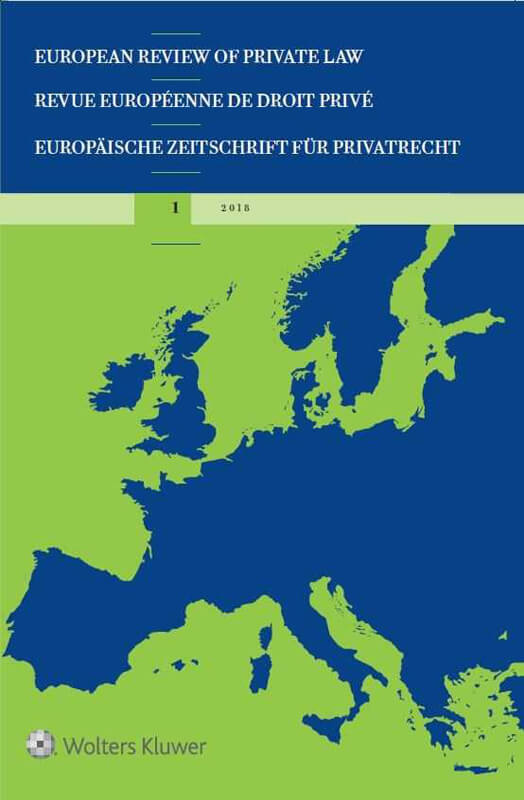Home > All journals > European Review of Private Law > 26(6) >

$25.00 - Rental (PDF) *
$49.00 - Article (PDF) *
Larry A. Dimatteo, Cristina Poncibó
European Review of Private Law
Volume 26, Issue 6 (2018) pp. 805 – 824
https://doi.org/10.54648/erpl2018056
Abstract
Abstract: Smart contracts provide a quandary for contract law remedies. The self-enforcing nature of smart contracts implies that there is little possibility for breach and thus, little need or opportunity to apply contract law remedies. This article explores if this is really the case. It concludes that contract law remains applicable to smart contracts relating to the enforceability of its terms based on legality, public policy, and contracts policing doctrines. In such cases, post hoc judicial or arbitral claims remain likely and the dispute resolution bodies would seek to apply contract remedies. In order to diminish instances of litigation or arbitration the smart contract should include self-remedying or internal measures (remedies). The article divides internal measures into proactive and reactive measures. These measures should be considered in the drafting of a smart contract in order to diminish resort to contract remedies. In the end, contract law and contract remedies will remain important as default law. In addition, like smart contracts, some of contract law rules are immutable and cannot be made obsolete by blockchain technology.
Extract
